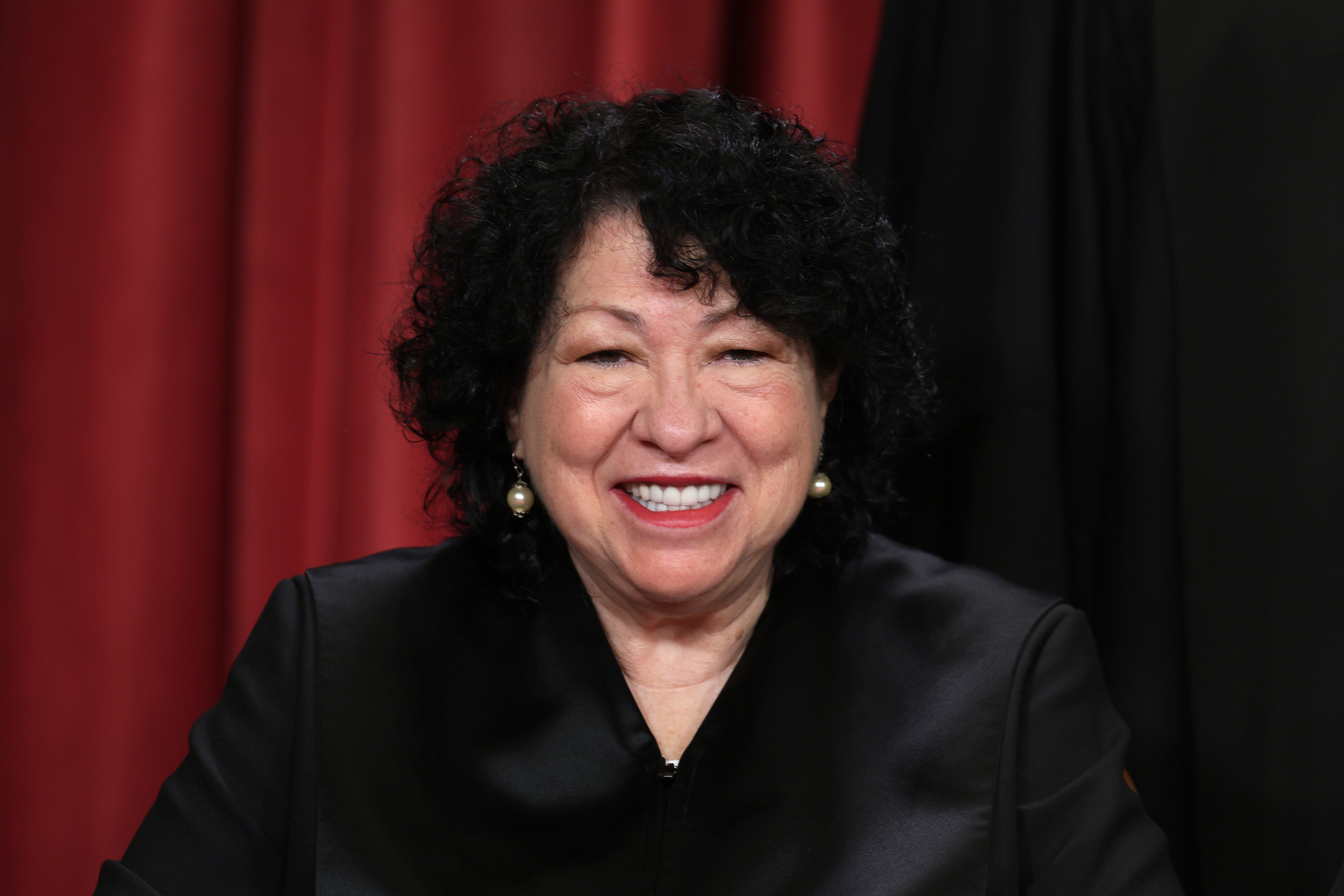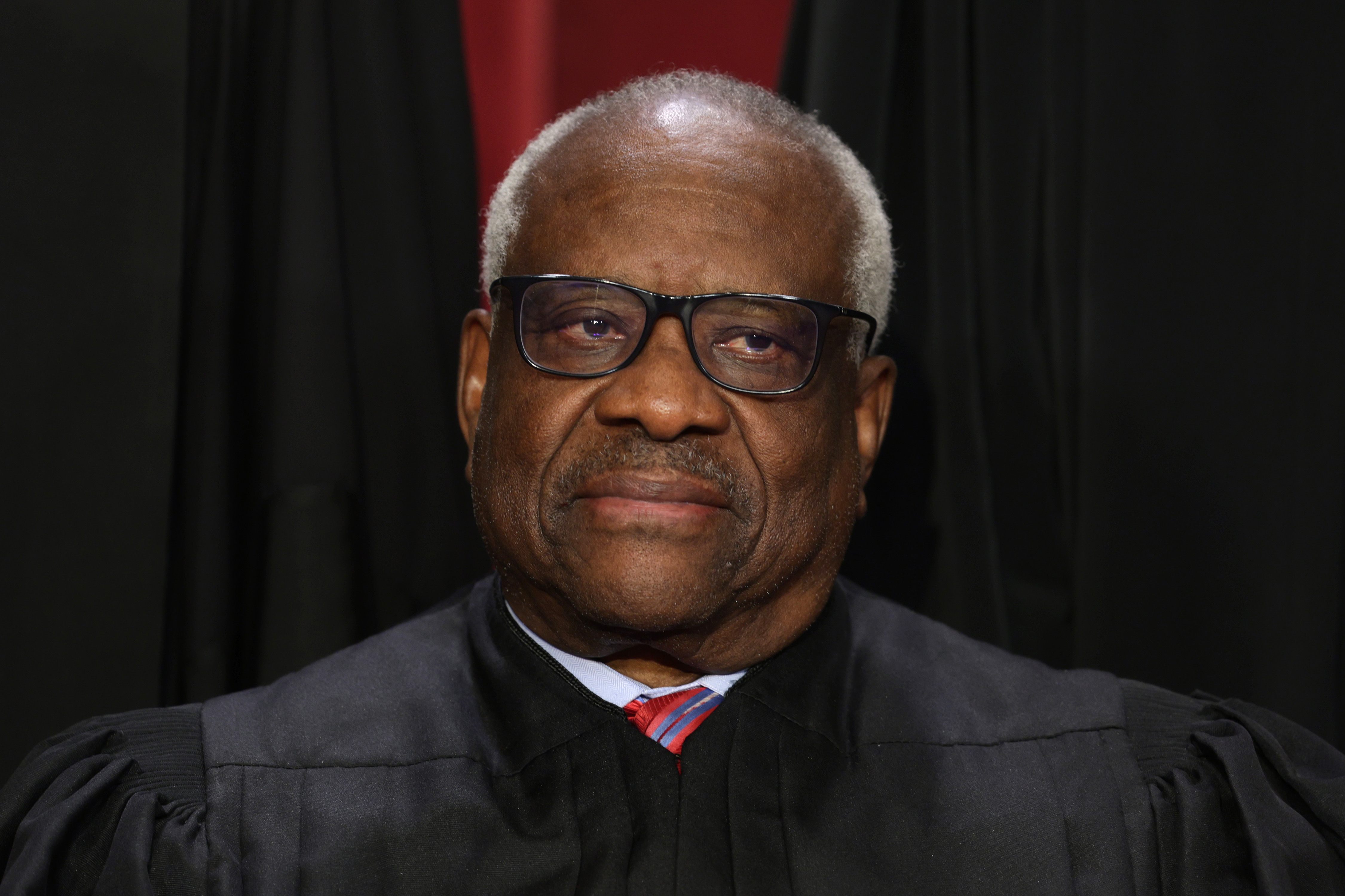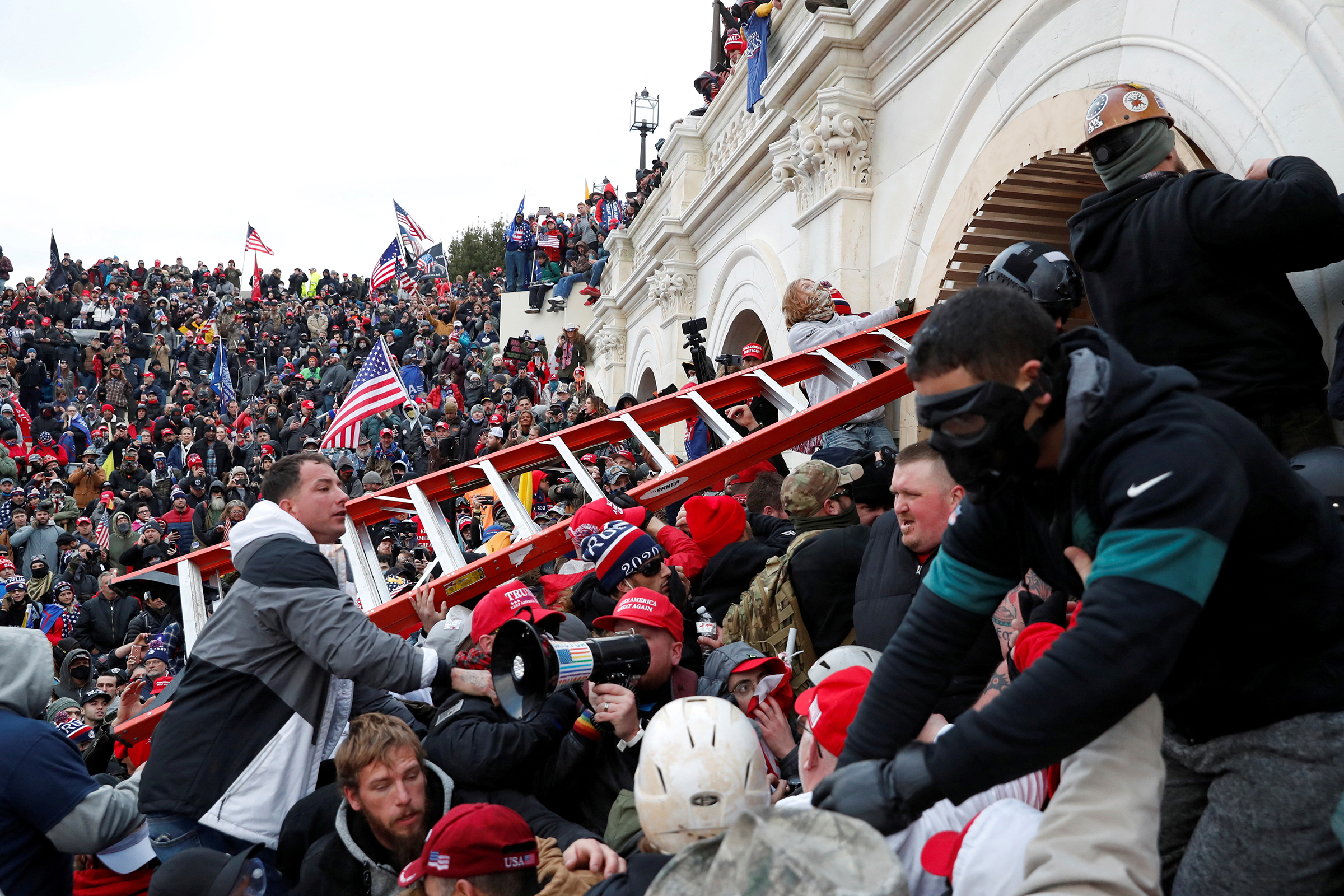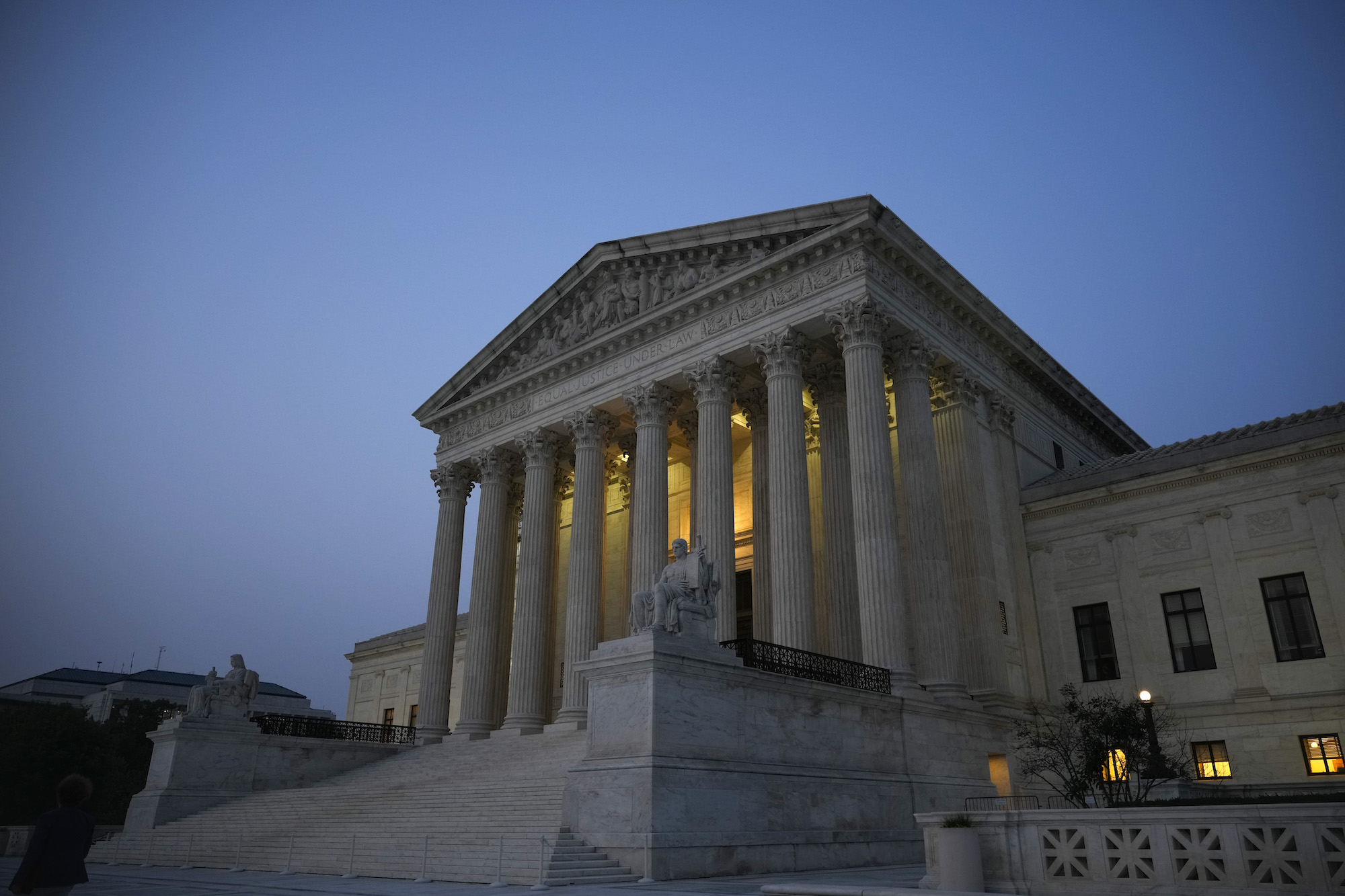The Supreme Court's three liberal justices appeared in early questioning to be lined up in favor of the Justice Department’s position that the federal obstruction law being challenged Tuesday is broad enough to include the rioters’ conduct on January 6, 2021.
The law, Justice Elena Kagan said, could have been written by Congress to limit its prohibition to evidence tampering. But, she stressed, "it doesn't do that."
Kagan and Justices Sonia Sotomayor and Ketanji Brown Jackson have been pressing Joseph Fischer's attorney, Jeffrey Green, on the plain text of the law — embracing the notion of "textualism," or reading the law for its plain meaning without considering legislative history and other factors. If that holds, it suggests they are supportive of the Justice Department's position.
They promoted this theory based on the text of the statute itself.
Jackson similarly noted that the language in the statute “does not use the term ‘evidence’” but rather “uses the term ‘official proceeding,’” which is defined as including a congressional proceeding.
Lawyers for one of the January 6 defendants have argued that the law applies only to tampering with evidence, not disrupting a proceeding, like the joint session of Congress on January 6. Fischer breached the US Capitol that day and prosecutors say his involvement in the riot obstructed the Congress’ certification of the 2020 election, which was delayed for several hours.









